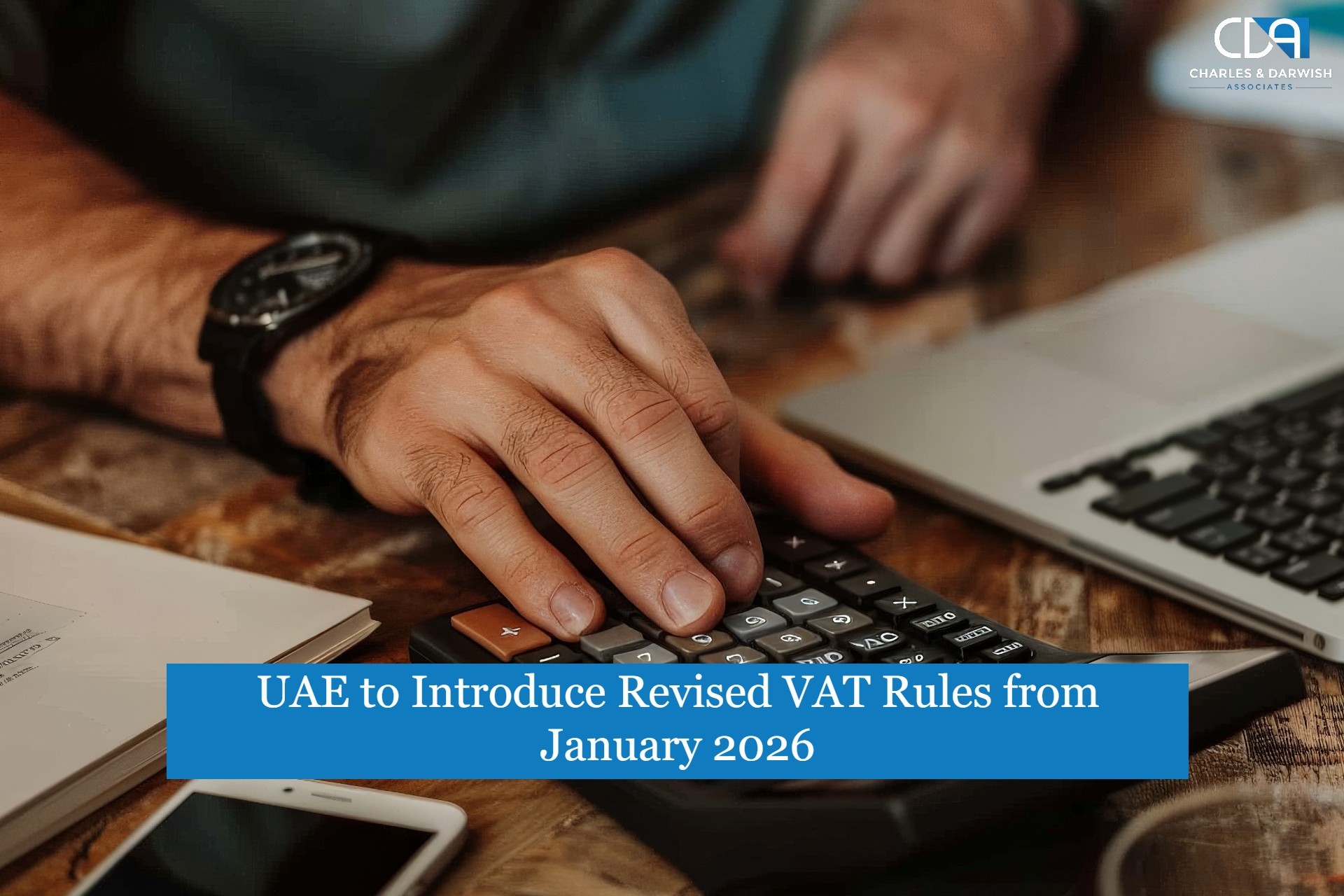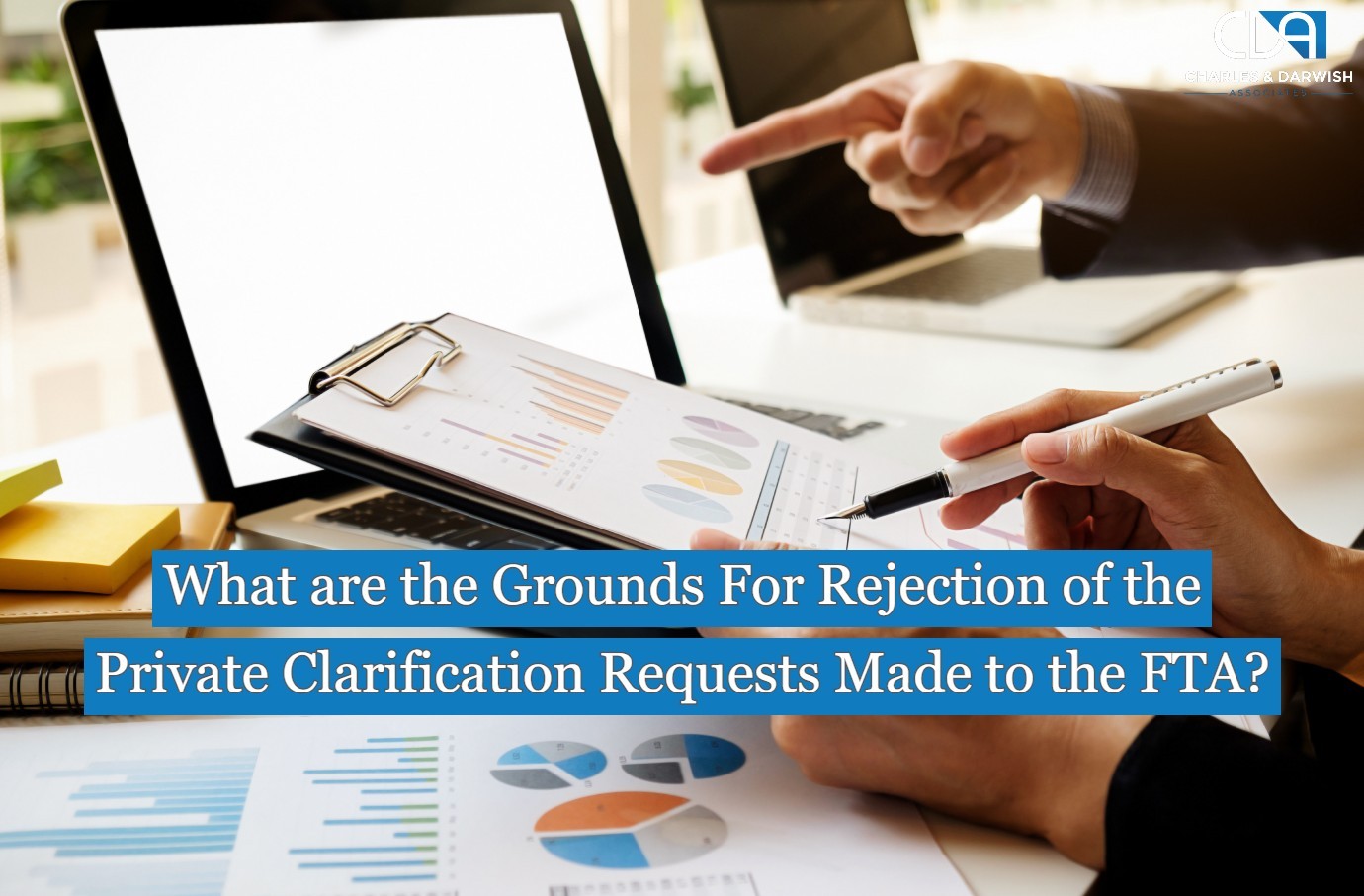Resident and Non-Resident Persons for UAE Corporate Tax Purposes?
In the ever-evolving world of business, the United Arab Emirates (UAE) stands out as a hub for international commerce, fostering growth, stimulating investment, and encouraging innovation, thus attracting companies and entrepreneurs from all corners of the world. With its expanding presence, supported by a tax-efficient structure, understanding the nuances of taxable income and corporate taxation is crucial for both resident and non-resident entities operating within the Emirates. In this blog, we will delve into the differences between resident and non-resident persons concerning UAE corporate tax and shed light on the implications of this new tax regime on businesses and individuals.
Navigating the UAE Corporate Tax Landscape: Resident and Non-Resident Persons
In this section, we can discuss both resident and non-resident persons in detail.
Resident Person
A Resident person is -
- A natural person undertaking business activity in UAE, or
- A company or juridical person incorporated/ established/ recognized in the UAE, including Free Zone Person
- A foreign company or juridical person that is controlled and managed in UAE but incorporated in a foreign jurisdiction.
- Any other person as may be prescribed by the Cabinet
As outlined in the Cabinet Decision, a resident person is subject to corporate tax on their worldwide income, including income earned outside the UAE. An individual will be a resident if he meets the following criteria –
- If he/she has been physically present in the UAE for 183 days within 12 consecutive months.
- If he/she is a UAE national holds valid residence permit in the UAE and meets the following conditions –
- Possesses a permanent residency in the UAE.
- Has an employment or Business in the UAE
You can also read: Is a Natural Person Eligible for the Application of the Small Business Relief?
Non-Resident Person
Non-resident persons are juridical persons who are not Resident Persons, defined as an entity that is neither incorporated in the UAE nor has its central management within the UAE. A non-resident person is one who:
- Possesses a Permanent Establishment in the UAE; or
- Derives State Sourced Income.
- Has nexus in the UAE by way of earning income from immovable property in the United Arab Emirates.
Under the corporate tax regime, non-resident persons will be subject to a Corporate Tax rate of 9% on annual taxable income exceeding AED 375,000 that is attributable to their PE. In less than 120 days following the conclusion of the fiscal year, these non-resident entities must register for corporation tax and submit tax returns. Hence, they will be required to get registered under the regime and also acquire the TRN. On the other hand, the Non-resident person who only receive the state sourced income and meets no other criteria then he need not to register.
Understanding Permanent Establishment (PE) in the UAE
For non-resident entities, the concept of a Permanent Establishment (PE) is pivotal. A PE in the UAE is established under certain conditions, such as:
- Physical Presence: If a foreign entity owns at least one ‘fixed or permanent place’ for conducting its business operations, it is considered to have a PE.
- Authority to Operate: If a resident person in the UAE has the authority to conduct business on behalf of a non-resident entity, the latter may be deemed to have a PE in the UAE.
You can also read: Qualifying Groups Under UAE Corporate Tax And Eligibility of Creating Tax Groups
Seeking Expert Assistance for the applicability of Corporate Tax in the UAE
Navigating the complexities of corporate tax and ensuring compliance with the UAE corporate tax statute can be overwhelming for both resident and non-resident persons. Hence, employing the services of reputable tax consultants such as CDA is not only advisable but also essential. These experts possess an in-depth understanding of local tax laws and regulations, allowing them to guide businesses to successfully navigate the evolving tax landscape while taking advantage of the global opportunities that the UAE offers.
Don’t wait any further, partner with expert tax consultants like CDA Audit to understand the corporate tax obligations for resident and non-resident persons, ensuring compliance with the UAE corporate tax statute. Take advantage of our FREE CONSULTATION today.

Mark Thompson
Full-stack Developer, Blogger, and Tech Enthusiast.
Mark specializes in digital marketing, SEO, and content strategy.













